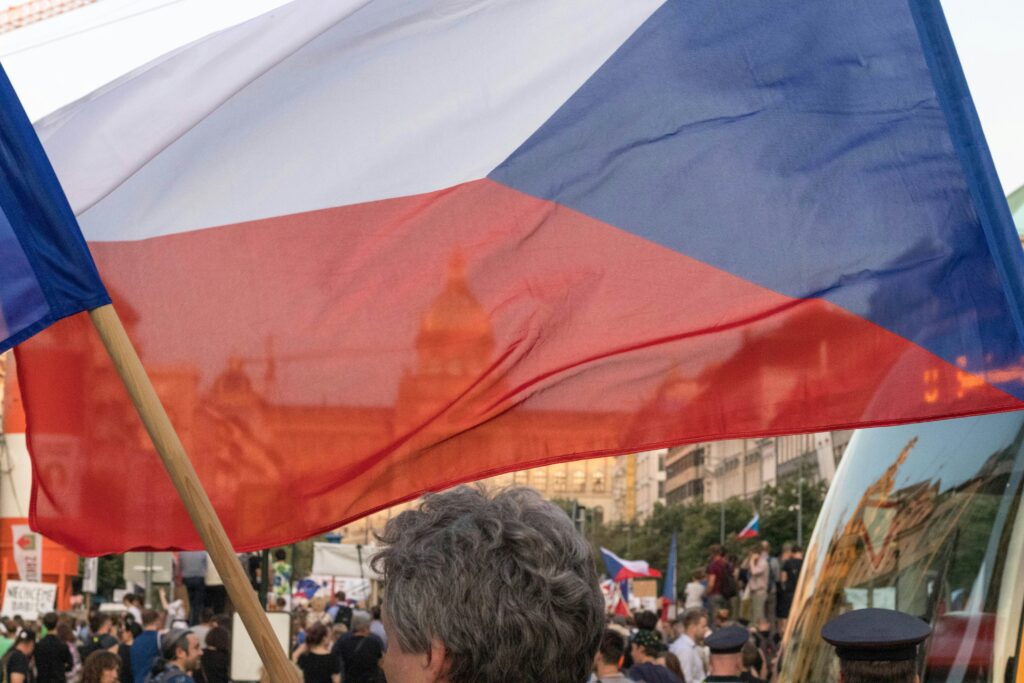A global perspective on trends
In an increasingly inward-looking world, with countries pulling up the drawbridges, voting with nationalistic tendencies and unpredictability around every corner – from Brexit to President Trump – we believe it is more important than ever to look outwards. As a team of entrepreneurial, independent communications agencies dotted around the globe (Brands2Life Global), we work with brands that are transforming the world. We create powerful stories and deliver them with impact.
And how do we achieve this? Through insights and close collaboration. Following our recent annual Tech Trends event, we asked our Brands2Life Global Network partners to provide their take on the key trends affecting their own markets.
Cobots, carebots and robots
In Europe, Germany has seen a massive growth in automation and is by far the highest robot-focused economy. Research indicates that one in four jobs could already be replaced by robots and, while this may be a scary statistic, it’s not all doom and gloom. This growth in automation has also seen the rise of human-robot collaboration or ‘cobots’, where repetitive industrial processes are automated, enabling staff members to focus their creative efforts on other tasks.
Further afield, with Japan’s ageing society facing a shortfall of caregivers, developers are focusing their efforts on ‘carebots’. These social implications are now spilling over to Germany where they are facing a shortage of half a million nurses in less than 15 years.
Global security and identity
With GDPR coming into effect in May, companies are now working to ensure they are compliant with these European rules, as well as preparing for the wider issue of data security.
In the Netherlands the EU General Data Protection Regulation (GDPR) still has to be anchored in Dutch law by means of an implementing law. Without this implementing act, the Dutch Data Protection Authority is unable to enforce the new rules. While all this bureaucracy can seem irrelevant, without this future-proofed legislation, entrepreneurs may be confronted with changes in laws and regulations as the GDPR takes effect, something we believe we can help guide our clients through.
Alongside the European resolutions on data security (GDPR) and banking (PSD2), Germany is trying to tackle hate speech and fake news. With tough hate speech laws already firmly in place following the Second World War, Germany added to this last year with the “NetzDG” law. Under this law, online platforms face huge fines if they do not remove hate speech and posts that incite violence. Users of Facebook and Twitter now have additional means of flagging posts by referring to this law. This also applies to sites like YouTube, Instagram and Snapchat. This change in legislation is a prime example of the digital world no longer being a legal vacuum.
Coworking
The rise of mobile and flexible working is leading to new environments such as multi and coworking spaces, democratic leadership and scrum working. Multi space offices, where traditional rows of desks are replaced with a selection of tables, soft furnishings and standing desks, have been shown to improve collaboration among workers as well as to boost company morale. We are helping brands transform into modern, agile organisations with the offices and working capabilities to match.
Autonomous vehicles
In Sweden, the traditional car industry has been challenged by new players and mega entrepreneurs, as elsewhere in the world. But the development of autonomous vehicles and transportation services brings a whole other aspect to this region. Sustainability and increased urbanisation are driving the need for the development of smart cities throughout Sweden and further afield. Street space will increasingly be used for more than just parking your car and the rise of the sharing economy shows no sign of stopping, with savvy residents are using new forms of shared transportation services, often referred to as mobility-as-a-service.
Autonomous vehicles are also not only synonymous with cars. Our Brands2Life Global Nordics partner was engaged in communicating a new pilot test in Sweden for autonomous buses in Kista outside of Stockholm. The test was launched in in January and it will soon be followed by more extensive public routes in designated areas in the region – full speed ahead!
Blockchain in Spain
According to the State of European Tech report, Spain ranks sixth in Europe country in terms of blockchain developers, a technology that is getting a strong boost from the private and public sectors. In 2017, a consortium of 70 telecommunications, banking and energy companies called Alastria was created to promote blockchain. Although cryptocurrencies such as Bitcoin are the best known blockchain application in Spain, there are initiatives in other sectors. For example, Banco Santander has developed a mobile payment platform based on blockchain, while Telefónica and Seat will use it in the manufacturing of automobiles and there are other Spanish blockchain projects that we saw at the 4YFN event of MWC 2018 recently.
Virtual reality – is it real?
In Spain there are about 150 companies in this sector with 57% of them focused on mobile virtual reality. Beyond their use for leisure, initiatives are emerging to bring virtual reality to other areas, such as the MIMIC project in Valencia which uses virtual reality for the rehabilitation of patients with brain damage; and more than 20 Spanish companies already offer virtual reality simulations aimed at the real estate sector.
Giving an insight into the trends driving change around the world shows how different technologies are spawning different applications and issues in separate regions. To successfully navigate these challenges and to convert them into opportunities, we believe you need a communications agency that has global ambition, combined with local knowledge, and partners with a shared ethos. Find out more or get in touch via Brands2Life Global.




